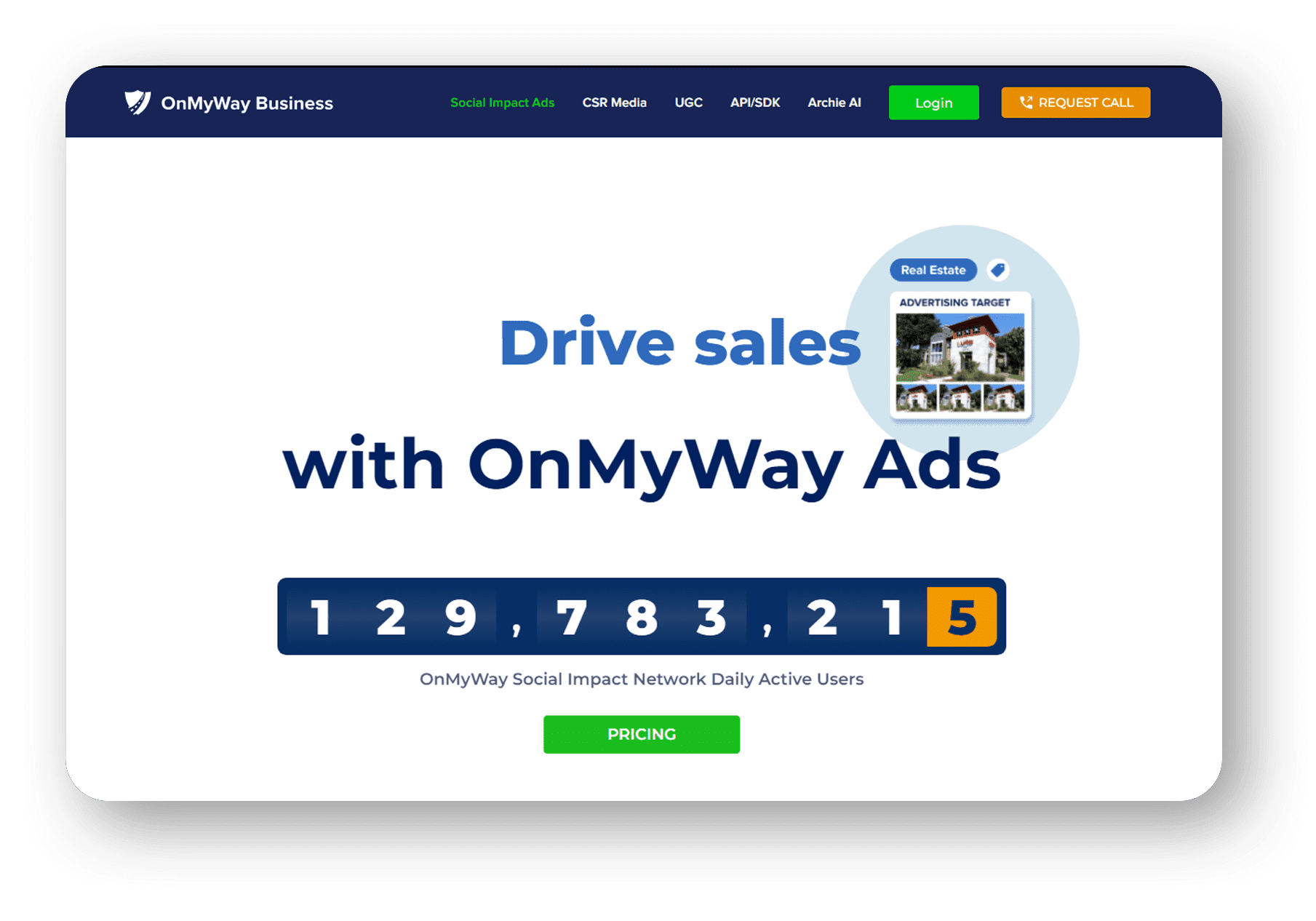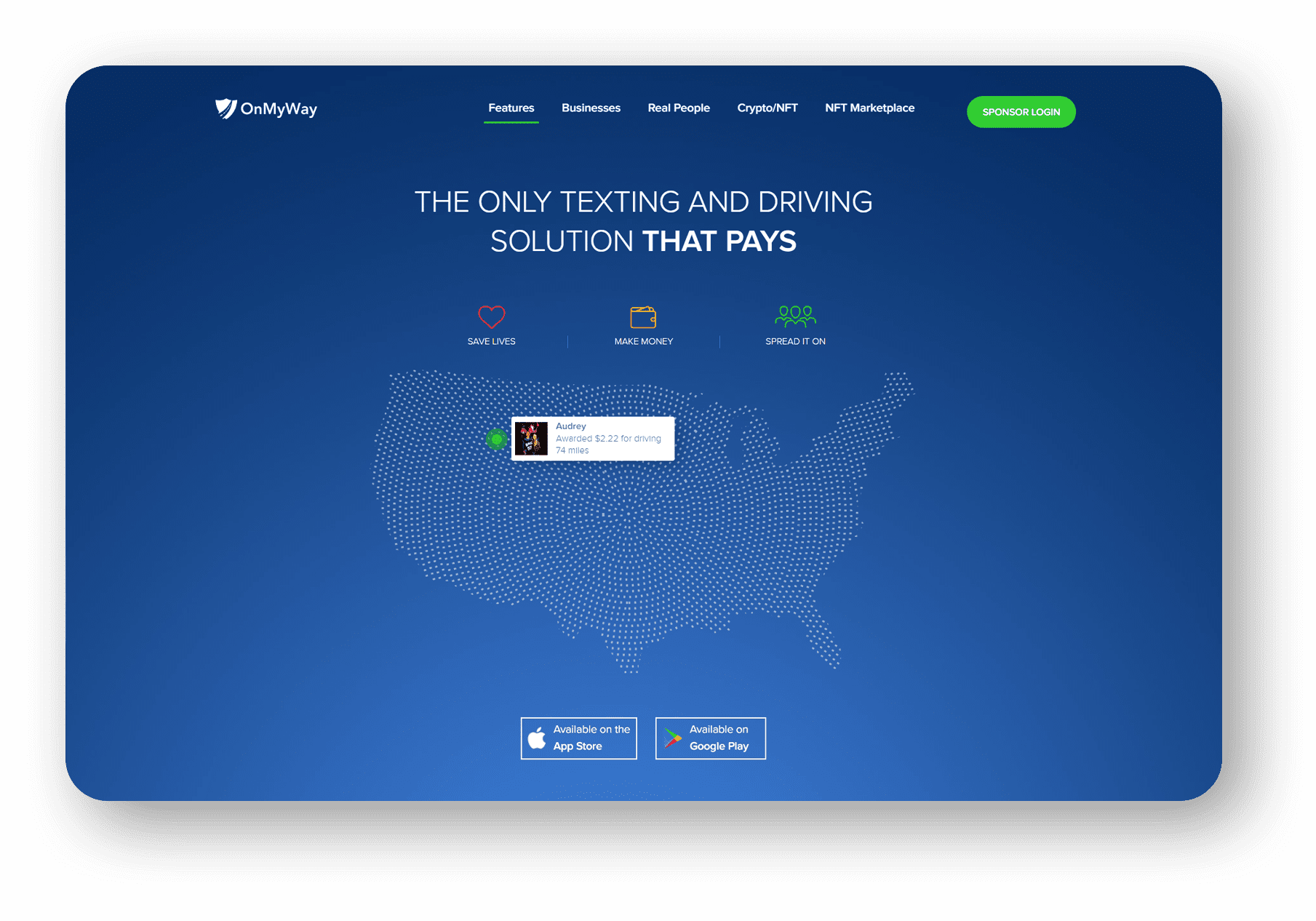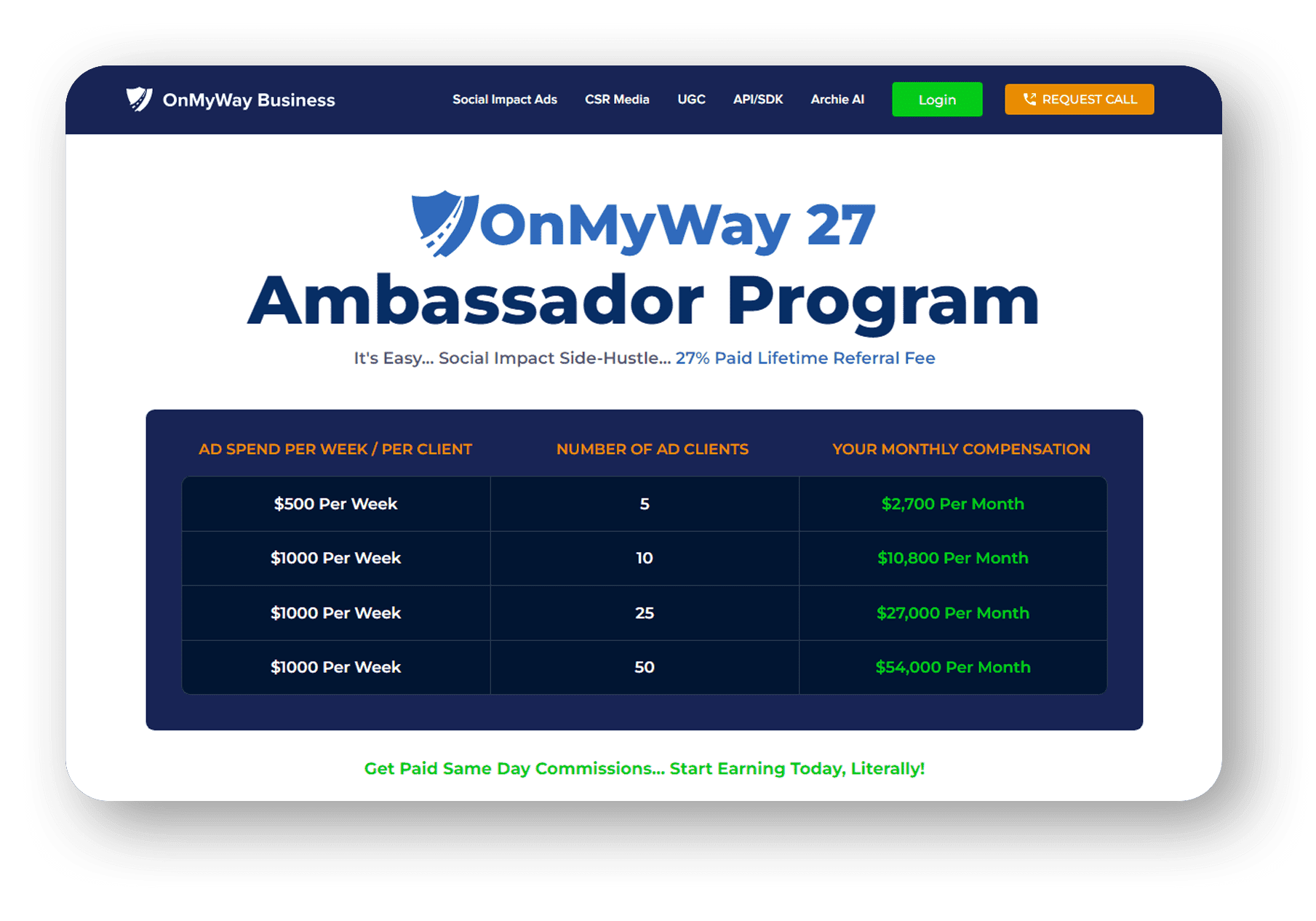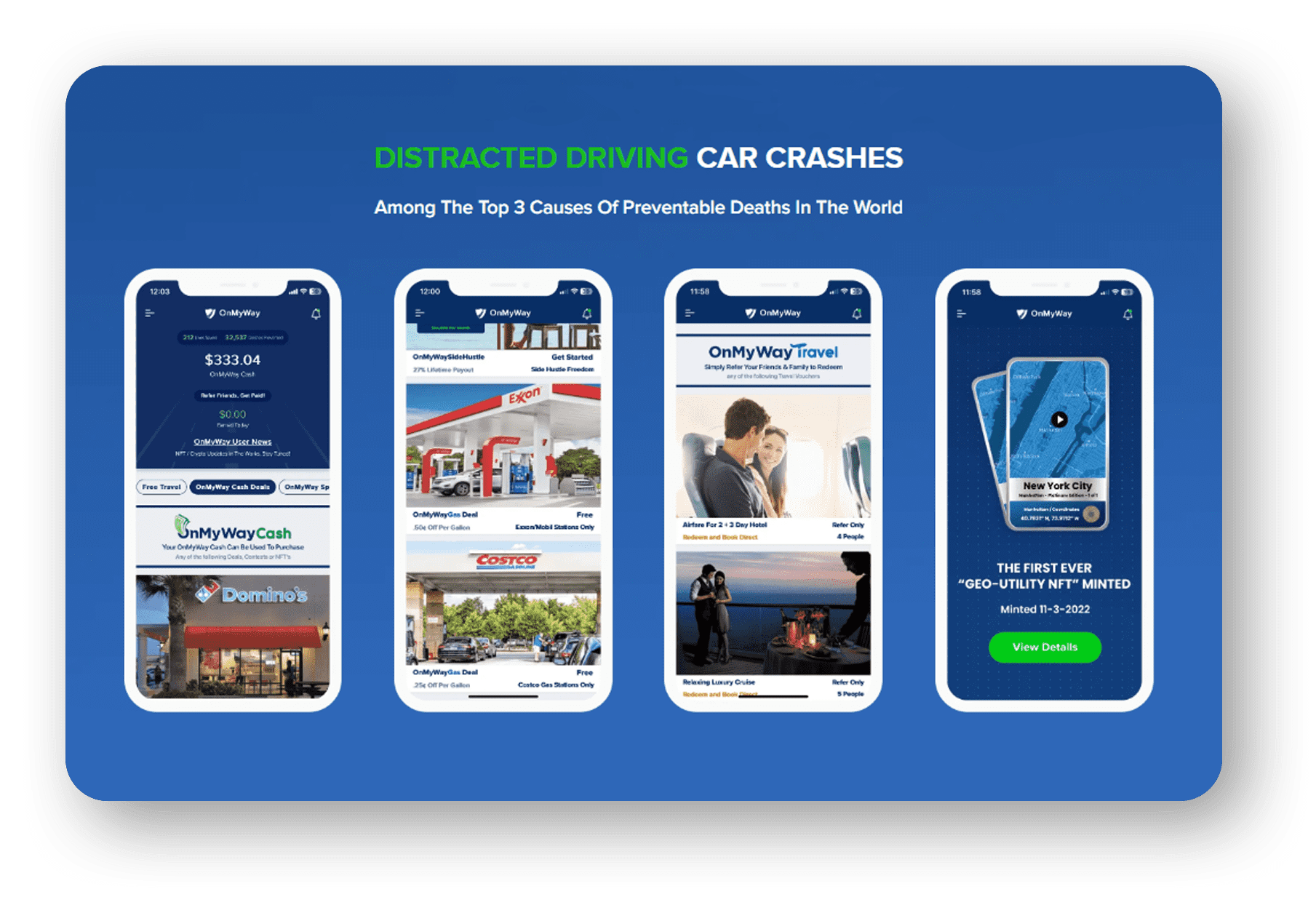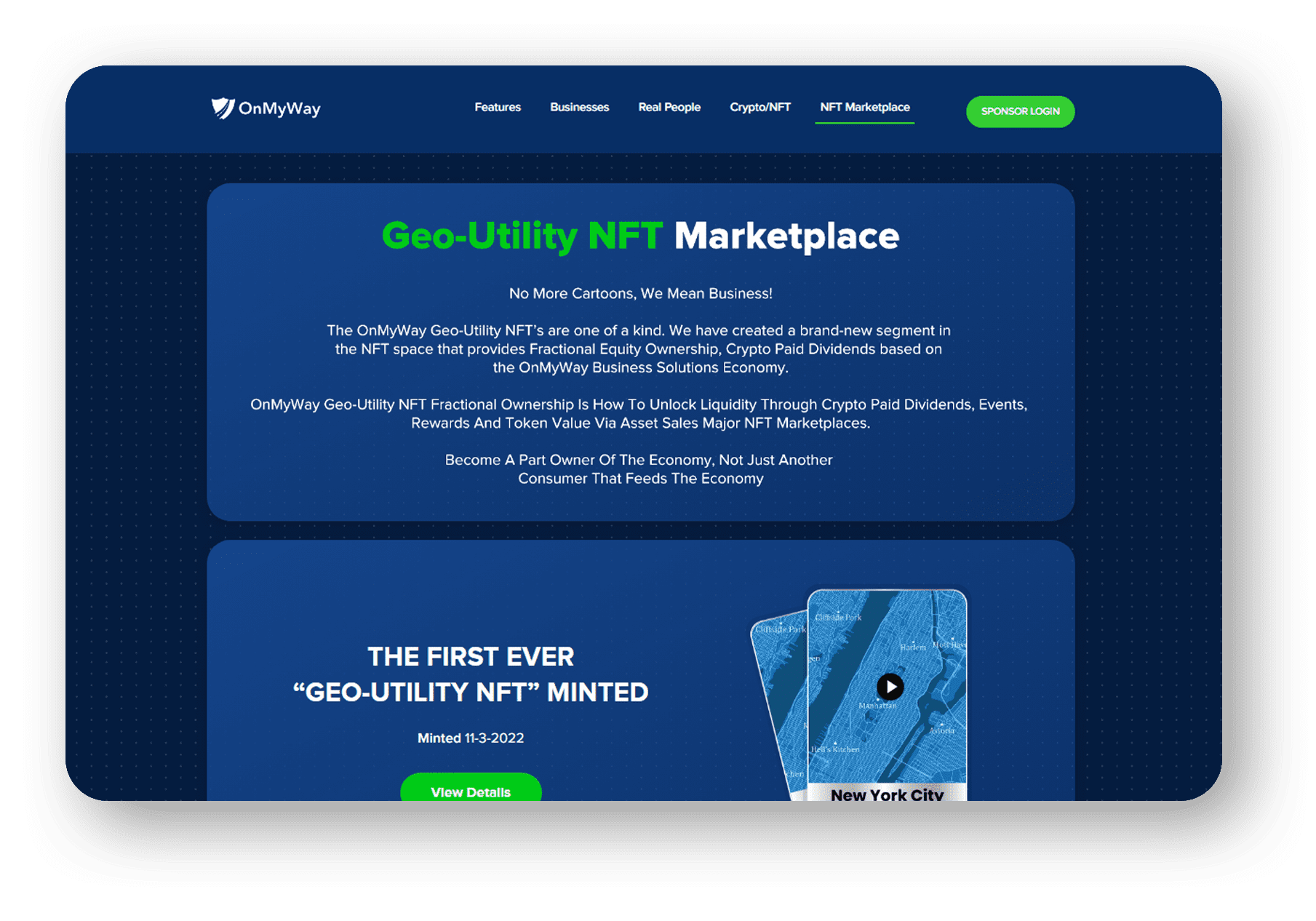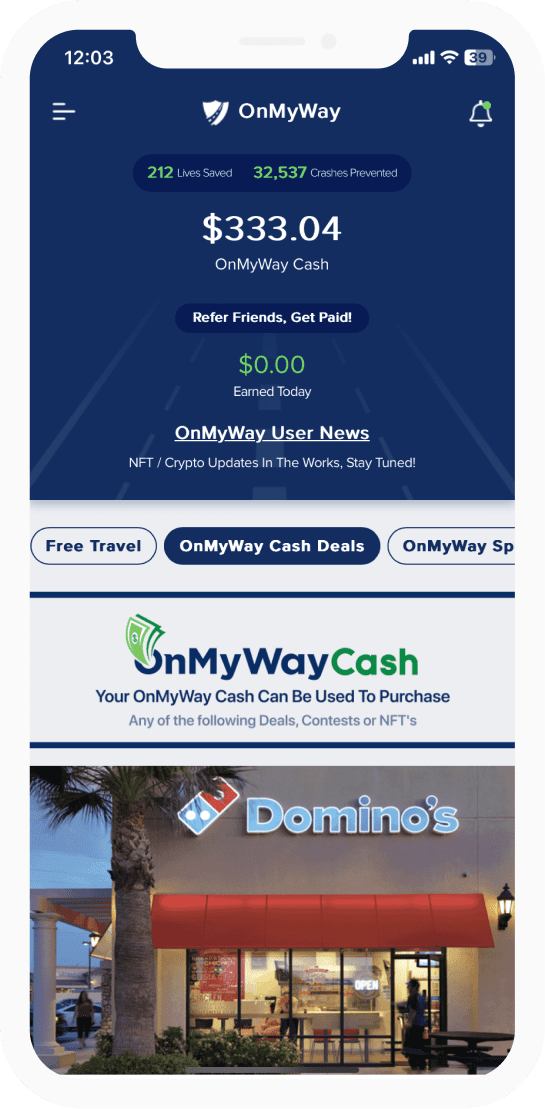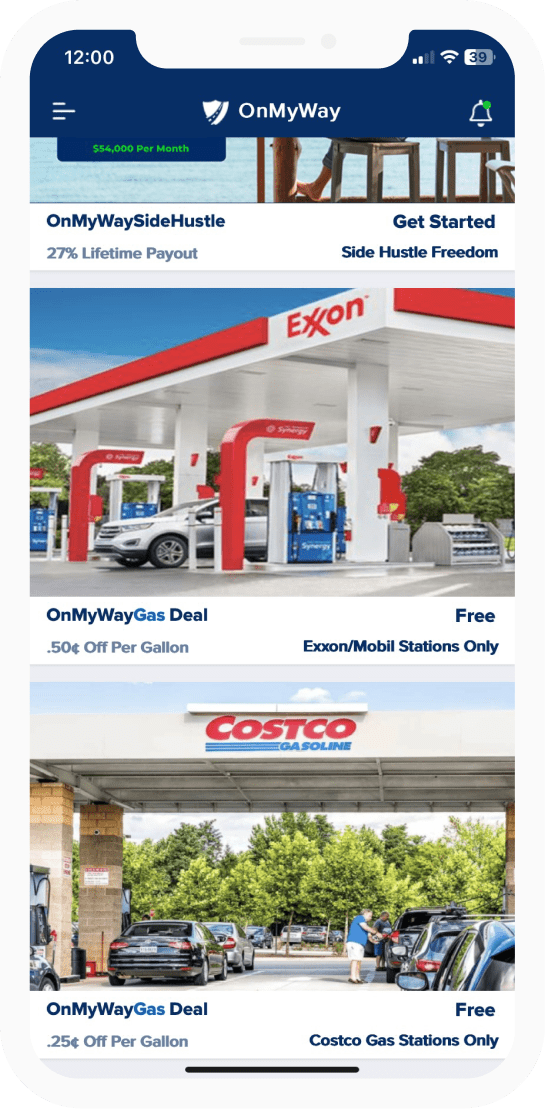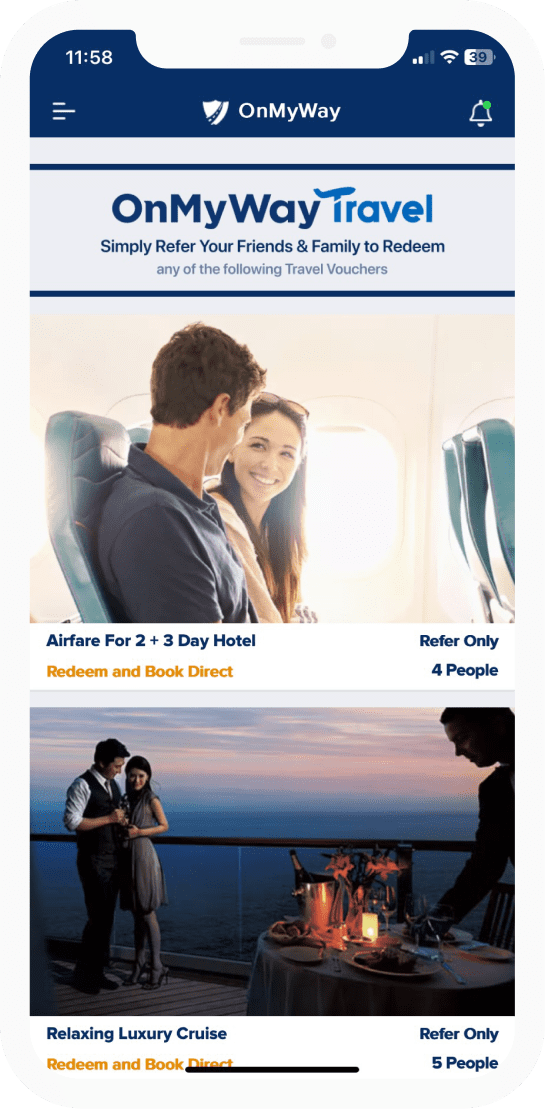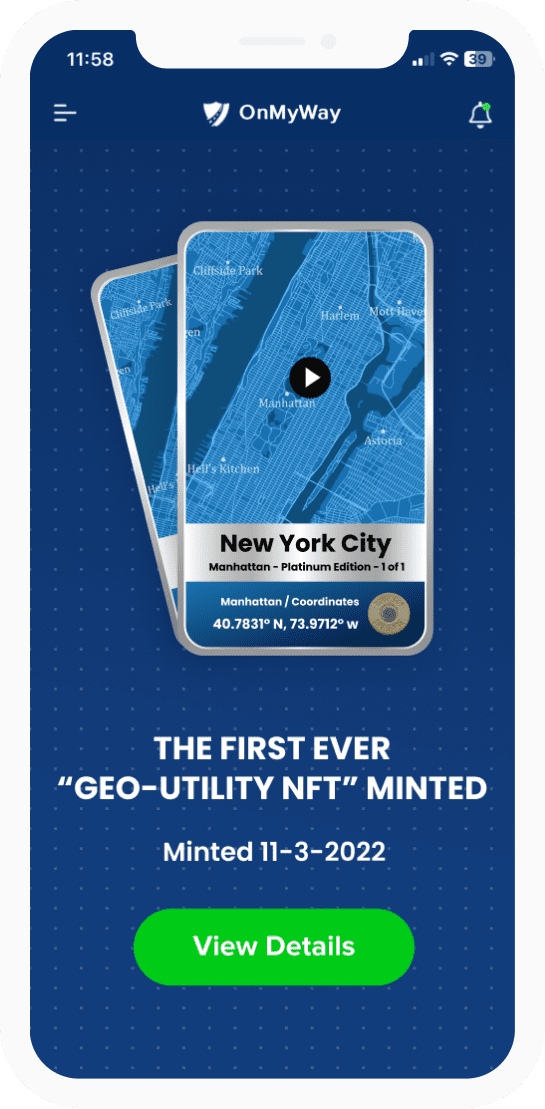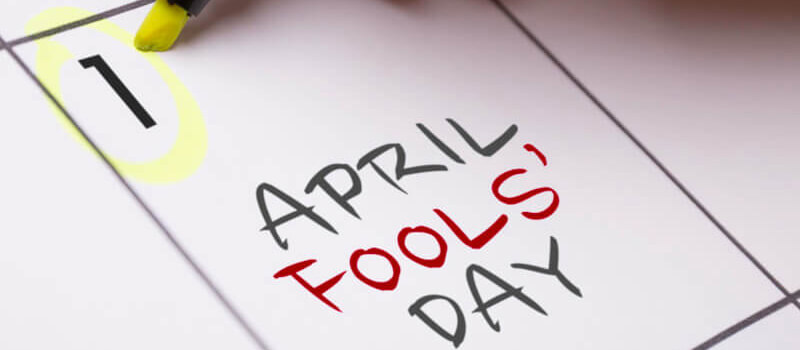
It’s not even April Fools’ Day yet, but the pranks have already started.
Since big brands’ embrace of April Fools’ Day returned last year – after 2020’s year in hibernation due to the COVID shutdown – some have tried to get the jump on the hijinks. It’s the latest twist on a holiday that has its beginnings centuries ago.
Most notoriously, Volkswagen revved up a brouhaha last year when the German automaker let it slip three days before April Fools’ Day that the company would be changing its name in the U.S. to “Voltswagen” as a show of its commitment to electric cars. But it turned out to be a poorly played joke.
It’s a simple turn of the calendar, the ending of a month and the beginning of another. So how did it become a time for jokes and pranks?
How did April Fools’ Day start?
While there are similar holidays in ancient Rome and Britain, the eldest – and tidiest – historical reference comes in a Flemish poem from 1561 in which a nobleman sends his servant on “fool’s errands” on April 1, according to a history of the holiday written by Stephen Winick of the Library of Congress’ American Folklife Center.
Roughly the same era in France, people slow to adopt the change of calendar from the last week of March to January 1 – due to the move from the Julian calendar to the Gregorian calendar, decreed in the Council of Trent – were called “April fools,” and were played tricks on, according to History.com.
The Catholic Church also may have had a hand in bringing April Fools’ Day to the fore earlier in history. A carnival-like “Feast of Fools,” originally held in medieval France and England on Jan. 1, was practiced but was banned by the 15th century, folklorist Jack Santino told The Washington Post. But the holiday continued for hundreds of years, said Santino, who wrote the book “All Around the Year: Holidays and Celebrations in American Life.”
By the 19th century, April Fools’ Day had become a mainstay of American culture. “The first of April is the day we remember what we are the other 364 days of the year,” Mark Twain is credited with saying, according to the Encyclopedia of American Folklore.
These are pranks that went very wrong
Back to Volkswagen’s name change stunt, the company eventually confessed on March 30, 2021 that the announcement was an April Fools’ joke. That confession came after many news outlets, including USA TODAY, had asked before running stories about the name change whether the deal was a prank but were told the announcement was legit.
Getting that April Fools’ Day bump in attention for your brand, without harming it requires walking a fine line, says Columbia Business School professor and corporate strategy expert Rita McGrath.
But Volkswagen’s ploy from 2021 went too far. “(It) was a mistake,” she said.
“April Fool’s Day is definitely useful as a way of breaking through the clutter of messaging most of us are exposed to,” McGrath said in an email exchange. “The benefit of the day-before-and-then-we-were-just-kidding strategy is that it could be JUST plausible enough that people start talking about but not a big serious commitment that would provoke a backlash when the company pulls back.”
Another example of an April Fools’ Day prank gone wrong: a new Google Gmail feature, the Mic Drop, which included a GIF of a yellow animated minion (from the animated Despicable Me and Minion movies) dropping a microphone. The joke feature wound up attached to many emails, unintentionally, and had to be turned off.
“Due to a bug, the Mic Drop feature inadvertently caused more headaches than laughs. We’re truly sorry,” Google said in a statement.
A classic April Fools’ Day prank cooked up by Taco Bell packed some crunch but wasn’t too saucy: The purchase of the Liberty Bell and the rebranding of it as the Taco Liberty Bell. Full-page advertisements about how the deal would “help the national debt” ran in The Philadelphia Inquirer and other newspapers including The New York Times and USA TODAY.
“Even before widespread social media, this caused a major stir,” McGrath said. “Eventually the firm backed down and admitted it had done no such thing, but that it would donate $50,000 for the bell’s preservation.”
At the time, White House spokesperson Mike McCurry played along, the Inquirer recalled on last year’s 25th anniversary of the stunt, saying, “We’ll be doing a series of these things. Ford Motor Co. is planning an effort to refurbish the Lincoln Memorial. It’ll be the Lincoln Mercury Memorial.”
Humor can be subjective – adding peril to April Fools’ gags. But the Taco Bell prank rang just right. “Whether you agreed with the prank or not, it certainly generated buzz that in turn converted to significantly increased sales for the company,” McGrath said.
What’s coming up for 2022 April Fools’ Day?
An early entrant: Hellmann’s first dessert mayonnaise – Hellmann’s Mayonnaise Made with Butterfinger. Think of it like a Dairy Queen Blizzard, but a sandwich spread.
“You can expect the crunchy sweetness of Butterfinger mixed with the smoothness of Hellmann’s,” reads the press release for the new product, out April 1. The announcement comes with a pretty obvious hint: “This launch is conveniently timed to April Fools’ Day.”
Expect the fun to spread throughout the day.
Among last year’s April Fools’ best teases: Velveeta’s new line of V by Velveeta’s beauty products including moisturizer and night cream. “The creaminess of Velveeta, now in skincare,” its prank video said.And there was at least one prank product pitch parents wished was real: LEGO’s SmartBricks, toy building block pieces that could automatically move out of the way when a person approaches.
OVERVIEW
OnMyWay Is The #1 Distracted Driving Mobile App In The Nation!
OnMyWay, based in Charleston, SC, The Only Mobile App That Pays its Users Not to Text and Drive.
The #1 cause of death among young adults ages 16-27 is Car Accidents, with the majority related to Distracted Driving.
OnMyWay’s mission is to reverse this epidemic through positive rewards. Users get paid for every mile they do not text and drive and can refer their friends to get compensated for them as well.
The money earned can then be used for Cash Cards, Gift Cards, Travel Deals and Much, Much More….
The company also makes it a point to let users know that OnMyWay does NOT sell users data and only tracks them for purposes of providing a better experience while using the app.
The OnMyWay app is free to download and is currently available on both the App Store for iPhones and Google Play for Android @ OnMyWay; Drive Safe, Get Paid.
Download App Now – https://r.onmyway.com
Sponsors and advertisers can contact the company directly through their website @ www.onmyway.com.



